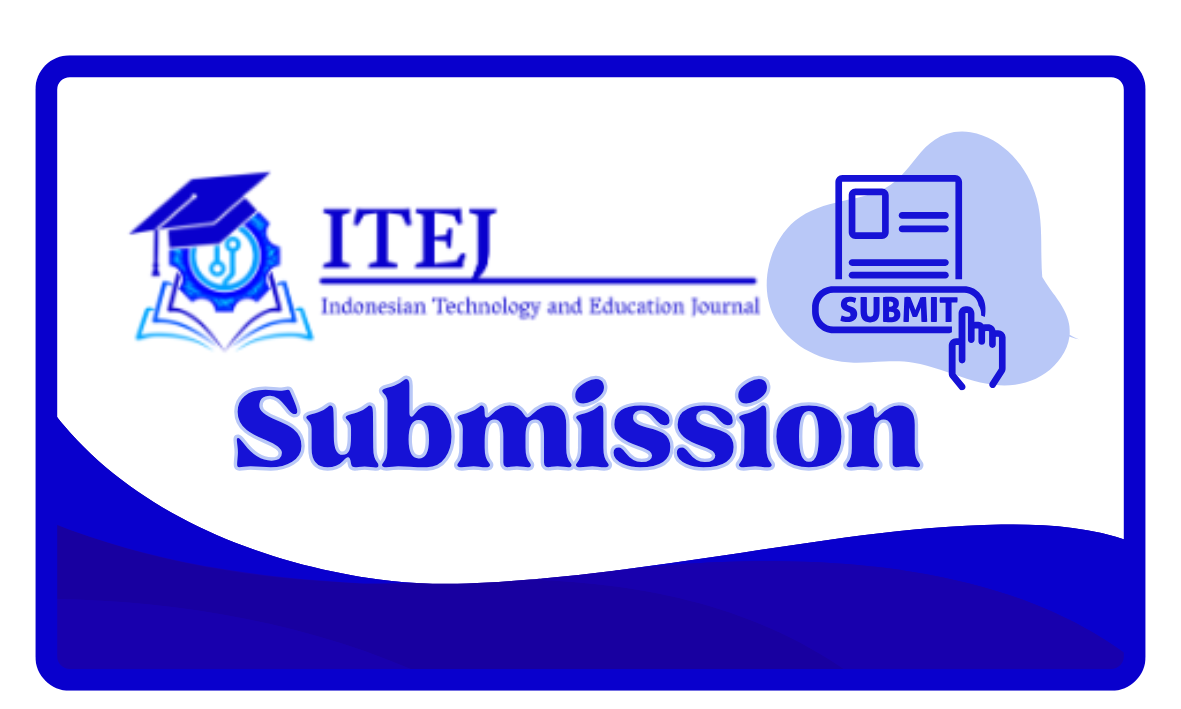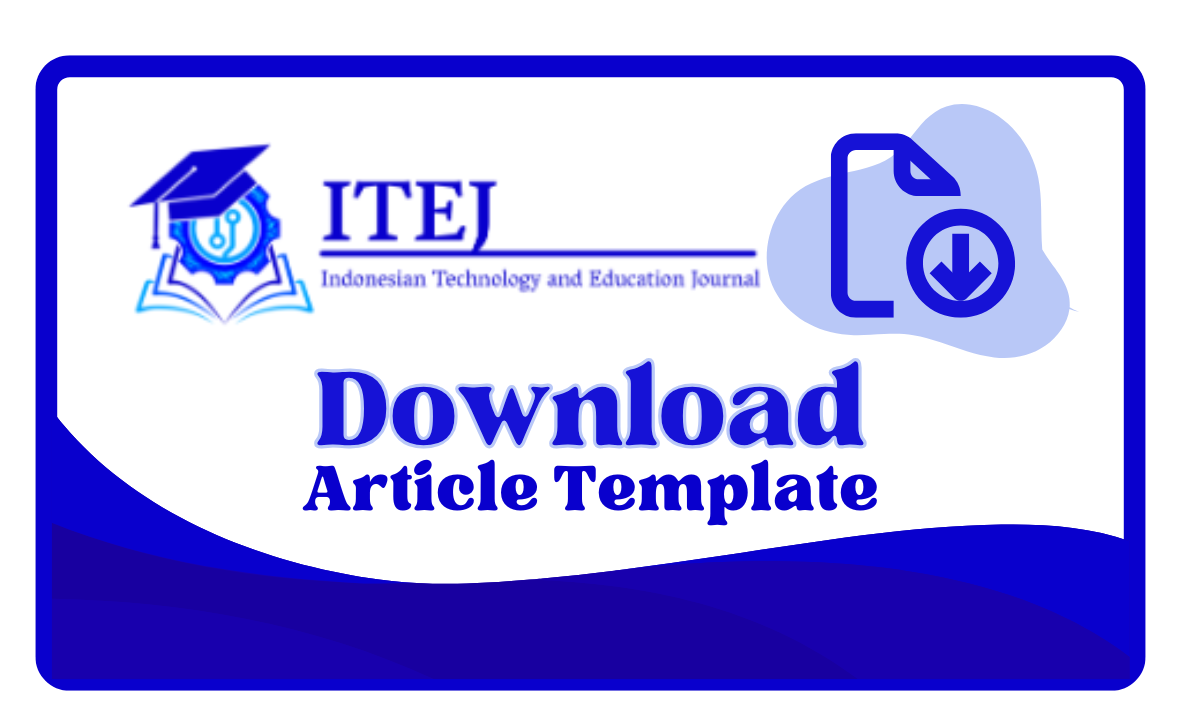Analysis of the Effect of Artificial Intelligence Integration in Design Learning on Creativity, Reflection, and Mindset
Keywords:
AI, Creativity, Design Mindset, Learning, ReflectionAbstract
The development of Artificial Intelligence (AI) in education, especially in design
teaching, offers great potential to improve students' creativity, reflection, and
design thinking mindset. This study aims to evaluate the effect of AI integration
in design-based learning on students' creative thinking ability, reflection, and
design mindset. The study used quantitative methods with a cross-sectional
design, involving 82 respondents from various departments in higher education
institutions. The research instrument was a questionnaire covering aspects of
creativity, reflection, and design mindset. The data analysis technique used
descriptive analysis. The results showed that 59.76% of the respondents were 19
years old, and most (85.37%) were 3rd semester students. The use of AI in designbased
learning was proven to increase student creativity with an average score of
3.66 on a scale of 5, strengthen reflection skills with an average of 3.63, and
improve design thinking mindset with an average of 3.75. However, the results
also revealed that AI is more effective as a supporting tool in the learning process
rather than replacing direct interaction between students and educators. Therefore,
AI can be integrated as a tool that supports creativity, but still requires the role of
human guidance.
 Abstract views: 27
,
Abstract views: 27
,  PDF downloads: 65
PDF downloads: 65
Downloads
References
Y. S. Pongtambing and others, “http://journal.sekawan-org.id | Sekawan Institut | https://sekawan-org.id,” J. Pengabdi. Masy., vol. 3, no. 1, 2023, doi: 10.35746/bakwan.
G. Yulianti and B. N. P. F. A. K. W, “Transformasi Pendidikan Indonesia: Menerapkan Potensi Kecerdasan Buatan (AI).” 2023.
M. Saritepeci and H. Y. Durak, “Effectiveness of artificial intelligence integration in design-based learning on design thinking mindset, creative and reflective thinking skills: An experimental study,” Educ. Inf. Technol., 2024, doi: 10.1007/s10639-024-12829-2.
T. L. L. L. H. L. J. D. D. M. J. Lim, “Artificial intelligence as relational artifacts in creative learning.” 2023.
T. Chandrasekera, Z. H, and U. P, “Can artificial intelligence support creativity in early design processes?” 2024.
M. F. N. O. Zailuddin and N. A. N. H. H. A. R. A. F. K. M. H. B. M. H. H. Y. I, “Redefining creative education: a case study analysis of AI in design courses.” 2024.
G. Kuchkarova and S. K. I. T. O. K. M. H. N. H. I, “Ai-Integrated System Design for Early Stage Learning and Erudition to Develop Analytical Deftones.” 2024.
Anton and Y. I. Novakovskyi, “Implementation of generative artificial intelligence technologies in creative activities: development of a structural model of design thinking.” Jun. 2024.
D. Poleac, “Design Thinking with AI.” Jul. 2024.
O. Lazkani, “Revolutionizing Education of Art and Design Through ChatGPT.” 2024.
Plugge and S. N. Albert, “Quantitative Research.” 2024.
M. Abduh, T. Alawiyah, G. Apriansyah, R. A. Sirodj, and M. W. Afgani, “Survey Design: Cross Sectional dalam Penelitian Kualitatif,” J. Pendidik. Sains Dan Komput., vol. 3, no. 01, pp. 31–39, 2022, doi: 10.47709/jpsk.v3i01.1955.
M. Maidiana, “Penelitian Survey.” 2021.
H. Chang, W. Liu, L. Chu, and X. Li, “A Study on the Evaluation of AI’s Impact on University Students’ Learning Based on Data Analysis and Machine Learning,” Highlights Sci. Eng. Technol., vol. 103, pp. 485–495, 2024, doi: 10.54097/cre9tq60.
I. Koch, J. Rezwana, and M. L. Maher, “Artificial intelligence for design education: A conceptual approach to enhance students’ divergent and convergent thinking in ideation processes,” Int. J. Technol. Des. Educ., 2025, doi: 10.1007/s10798-025-09964-3.
Frontiers in Psychology, “EEG assessment of artificial intelligence-generated content impact on student creative performance and neurophysiological states in product design,” Front. Psychol., vol. 16, p. 1508383, 2025, doi: 10.3389/fpsyg.2025.1508383.
M. Holmes and G. Theodorakopoulos, “Towards using differentially private synthetic data for machine learning in collaborative data science projects,” in Proceedings of the 15th International Conference on Availability, Reliability and Security, in ARES ’20. New York, NY, USA: Association for Computing Machinery, 2020. doi: 10.1145/3407023.3407024.
R. Luckin, W. Holmes, M. Griffiths, and L. B. Forcier, Intelligence unleashed: An argument for AI in education. Pearson Education, 2022. doi: 10.13140/RG.2.2.16013.44004.
D. Long and B. Magerko, “What is AI Literacy? Competencies and Design Considerations,” in Proceedings of the 2020 CHI Conference on Human Factors in Computing Systems, Honolulu HI USA: ACM, Apr. 2020, pp. 1–16. doi: 10.1145/3313831.3376727.
M. Bower, Design of technology-enhanced learning: Integrating research and practice. Emerald Publishing, 2019. doi: 10.1108/9781787565566.
Downloads
Published
How to Cite
Issue
Section
License
Copyright (c) 2025 Nur Indah Pratiwi, Serly Sasmita, Andi Dio Nurul Awalia, Dian Puspita Sari Andri

This work is licensed under a Creative Commons Attribution-ShareAlike 4.0 International License.







